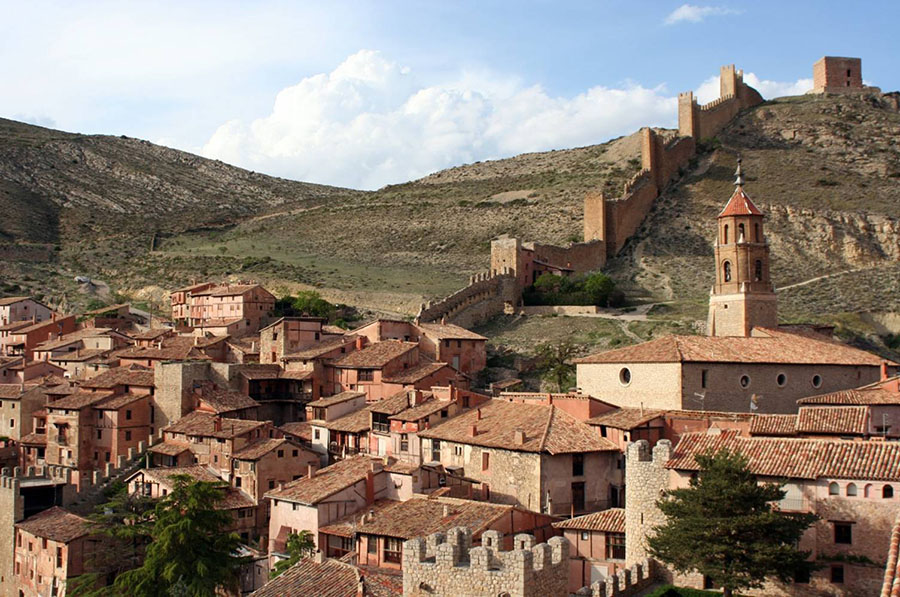Announcing the recipients of the Richard H. Driehaus Heritage Preservation Medal
The recipients of this new accolade are architect Antonio Almagro Gorbea and Antonio Jiménez Martínez, the director and manager of the Fundación Santa María de Albarracín. Both individuals have been recognised for their work on the town of Albarracín, which has subsequently become somewhat of a tourist attraction in Aragón.
The town itself is located in the west province of Teruel, on the top of a hill and almost completely encircled by the River Guadalaviar. It was once the capital city of the Taifa Kingdom and an important political centre in medieval times. The town’s fabric suffered in a period of economic recession in the twentieth century and its importance was recognised when in 1961, it was declared a National Monument. It was at this point that the General Directorate of Fine Arts started work on the town. Antonio Almagro Gorbea was integral to these efforts, and he has been involved in the town’s revival since 1971. Almagro also encouraged the use of traditional materials to repair the historic buildings and revived the local gypsum firing kilns. These produce a readily available local gypsum of a reddish brown colour, which makes a huge contribution to the town’s overall character.
Antonio Jiménez is known for his work at the Fundación Santa María de Albarracín. The Foundation amalgamated two workshops and training schools, and in doing so, created multiple jobs for the community, working to restore many of the buildings. The Foundation takes a unique and holistic approach by involving the local population, teaching them the necessary skills to ensure the newly repaired structures are constantly maintained.
The work of both individuals is perhaps best understood through a video of their work at Albarracín, available here.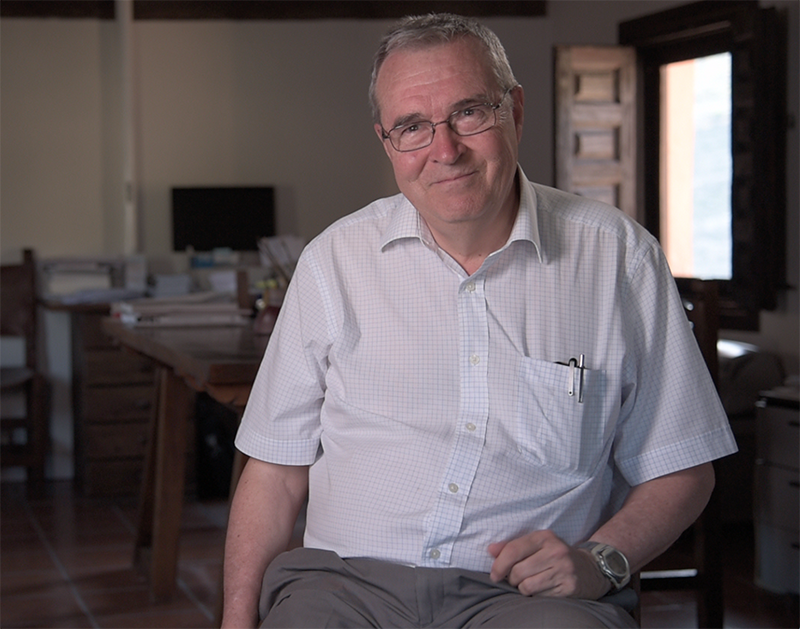
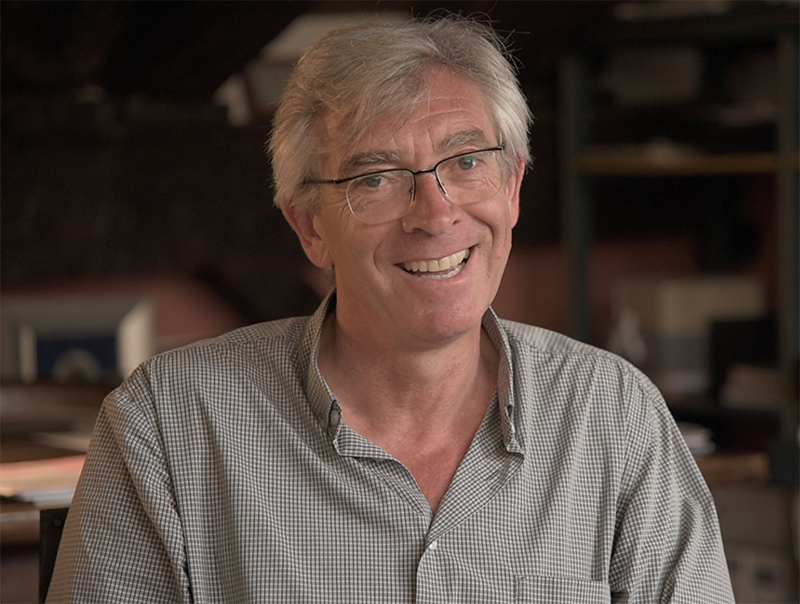
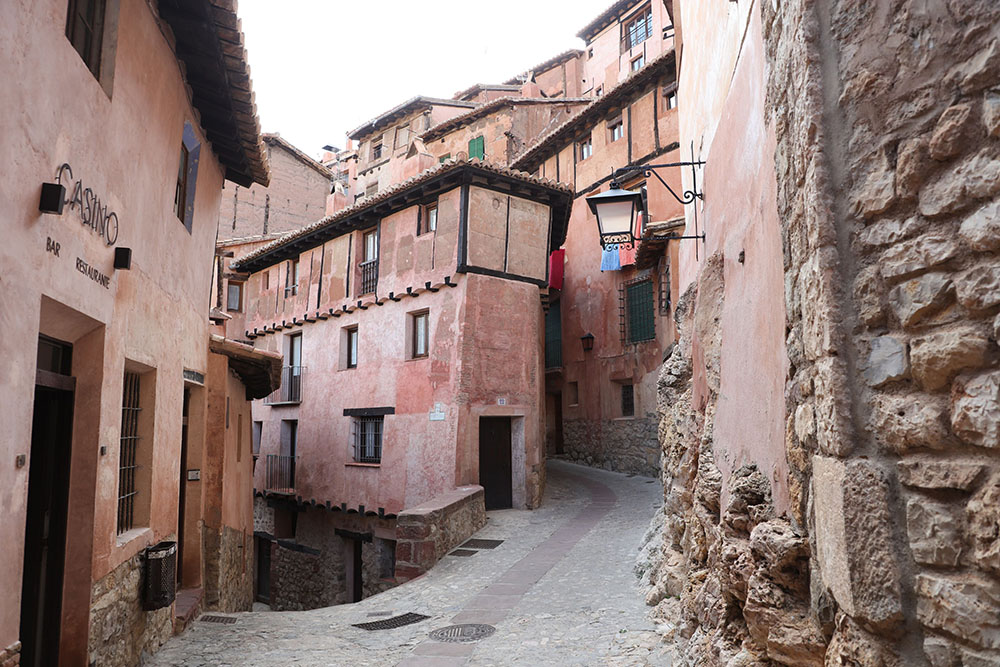
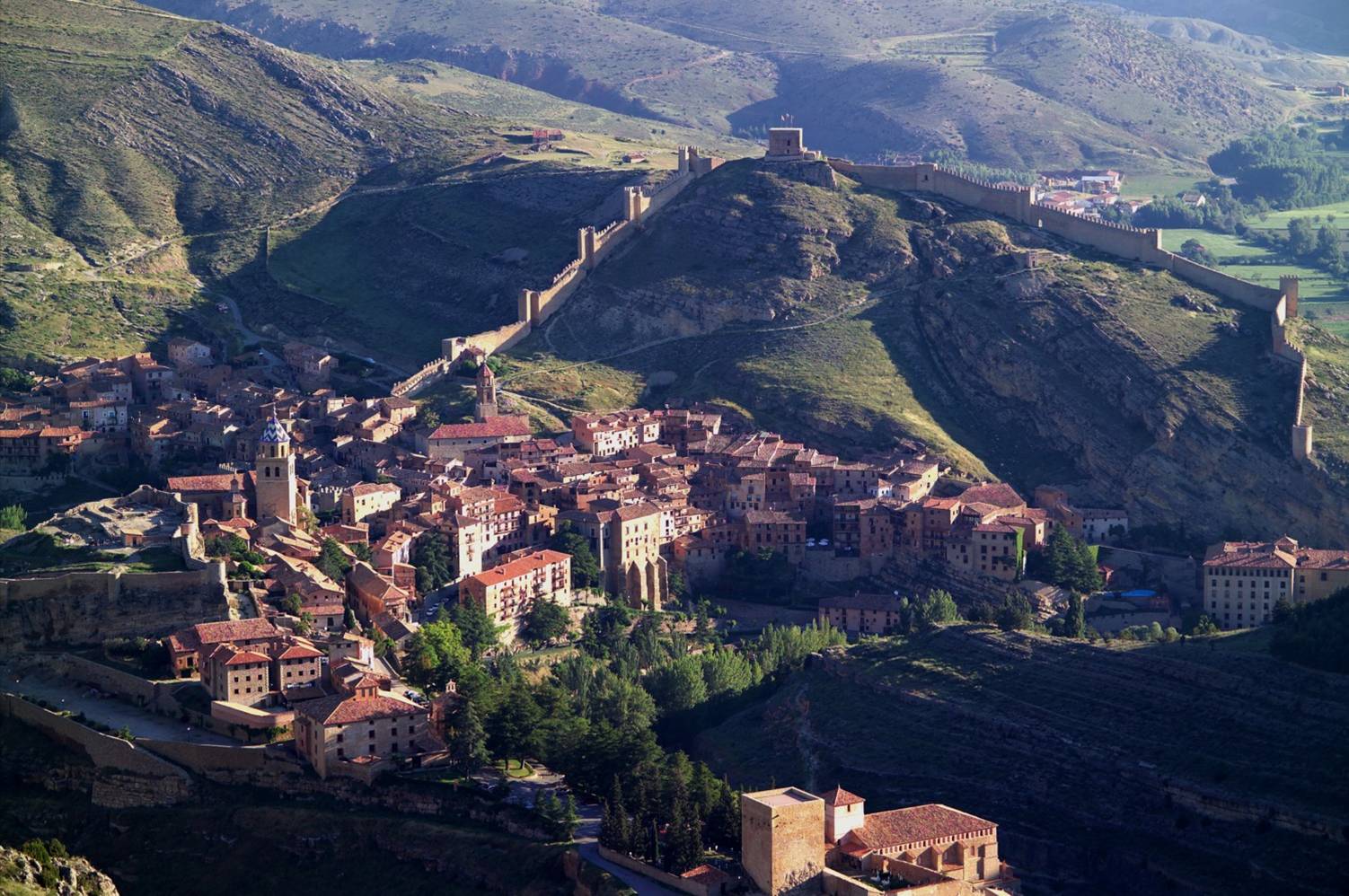
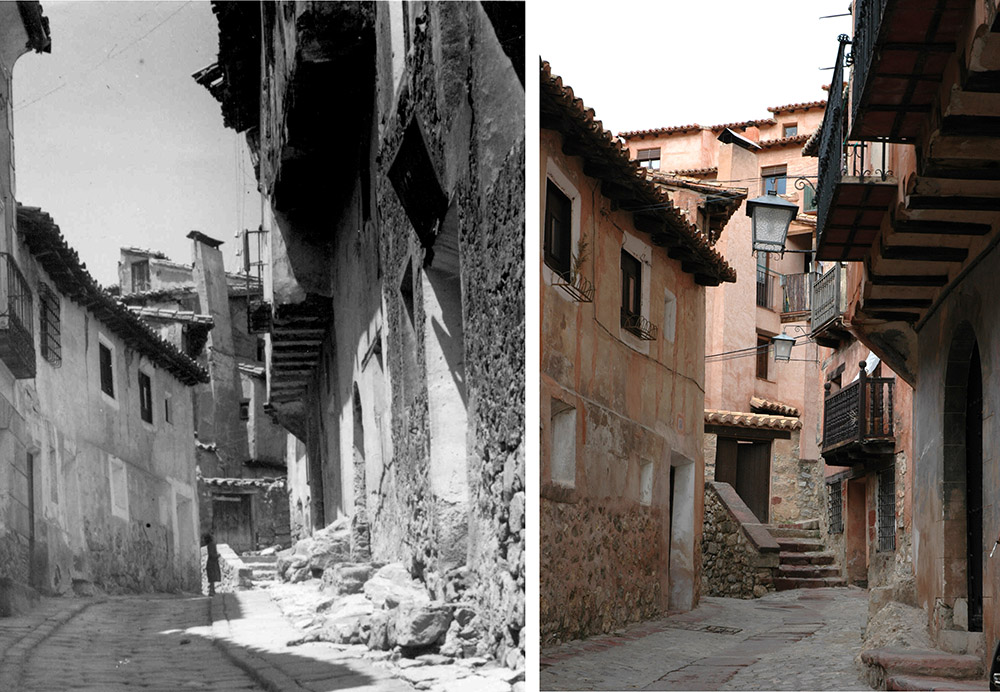
Announcing the winners of the Rafael Manzano Prize for New Traditional Architecture
Portuguese architects, Alberto Castro Nunes and Antonio María Braga, are this year’s winners of the International Rafael Manzano Prize for New Traditional Architecture. This award is made possible thanks to the generosity of Richard H. Driehaus, who does much to support conservation and new heritage-led development through a range of international awards and competitions in collaboration with INTBAU. These initiatives formally recognise the achievements of architects, urban planners and artisans.
Alberto Castro Nunes and Antonio María Braga have recieved 50,000 euros for their commitment to the maintenance of Portuguese architectural traditions, for their use of natural materials and for prioritising local trades and craft skills.
Both architects were chosen because their projects take much inspiration from longstanding Portuguese architectural traditions, both in terms of the development of new buildings – classical and vernacular – largely commissioned by different public administrations, and for their works to pre-existing buildings. Antonio and Alberto started to work together during the mid-80’s, in a period when Portuguese legislation almost impeded working with any materials apart from reinforced concrete.
Some of their most relevant projects are: the Courts of Vila Nova de Foz Cõa; the Casa do Peter, built with local materials and in keeping with local traditions; the Archeological Museum of Odrinhas, Sintra, next to the Roman ruins site around the San Miguel hermitage; the Trade School of Odrinhas or the seat of the Cinemateca Portuguesa in Lisbon, among others.
An interview with the winners is available to watch here.
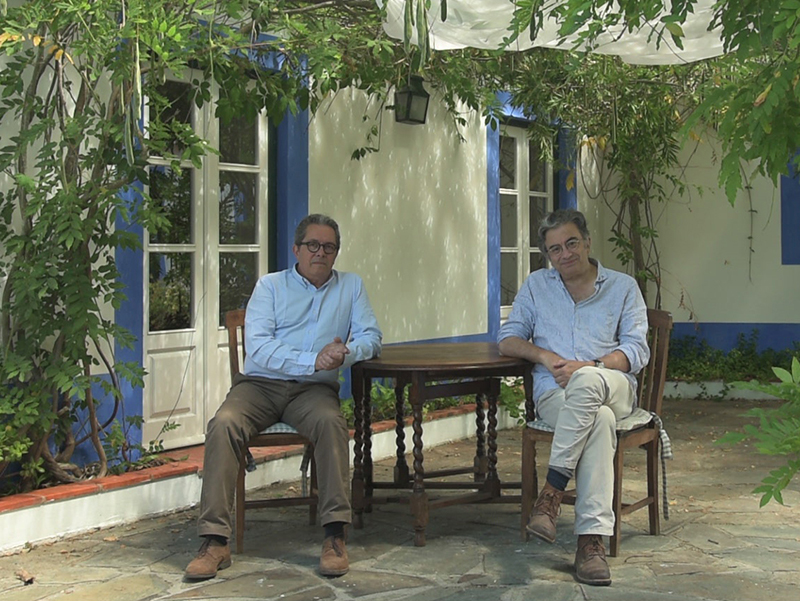 Alberto Castro Nunes and Antonio María Braga
Alberto Castro Nunes and Antonio María Braga 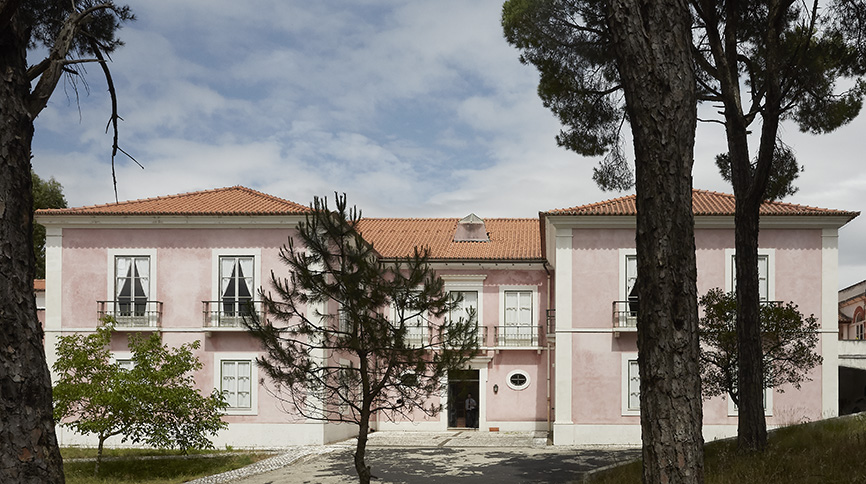 Entrada Castro Nunes y Braga
Entrada Castro Nunes y Braga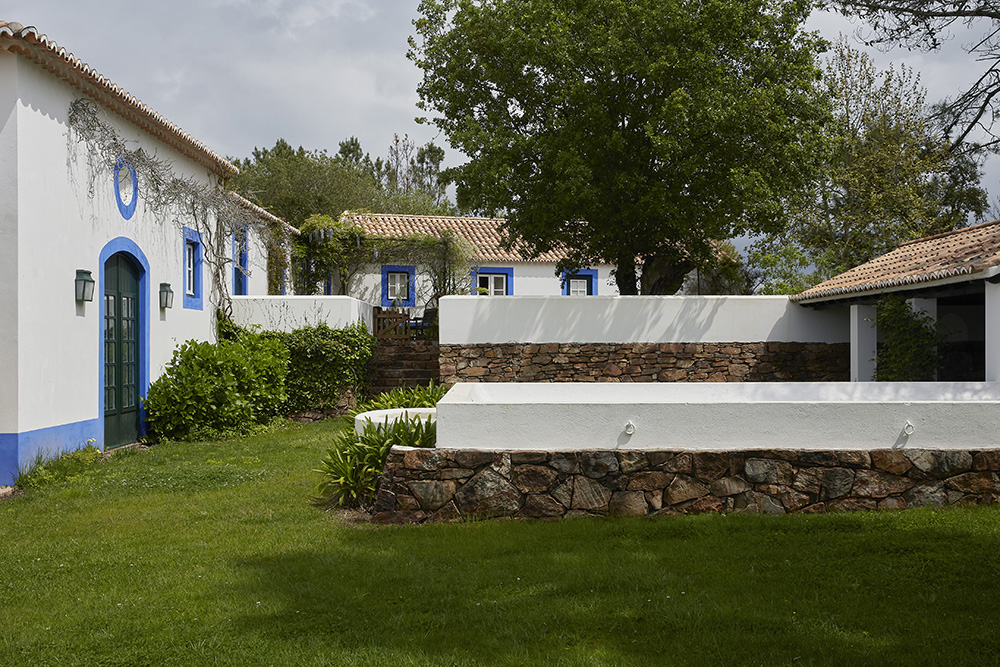 The Casa do Peter, built with local materials and in keeping with local traditions
The Casa do Peter, built with local materials and in keeping with local traditions 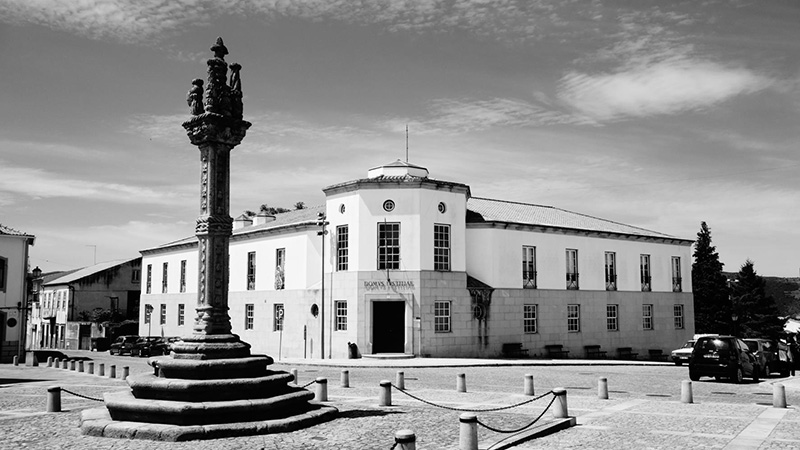 Courts of Vila Nova de Foz Cõa
Courts of Vila Nova de Foz Cõa
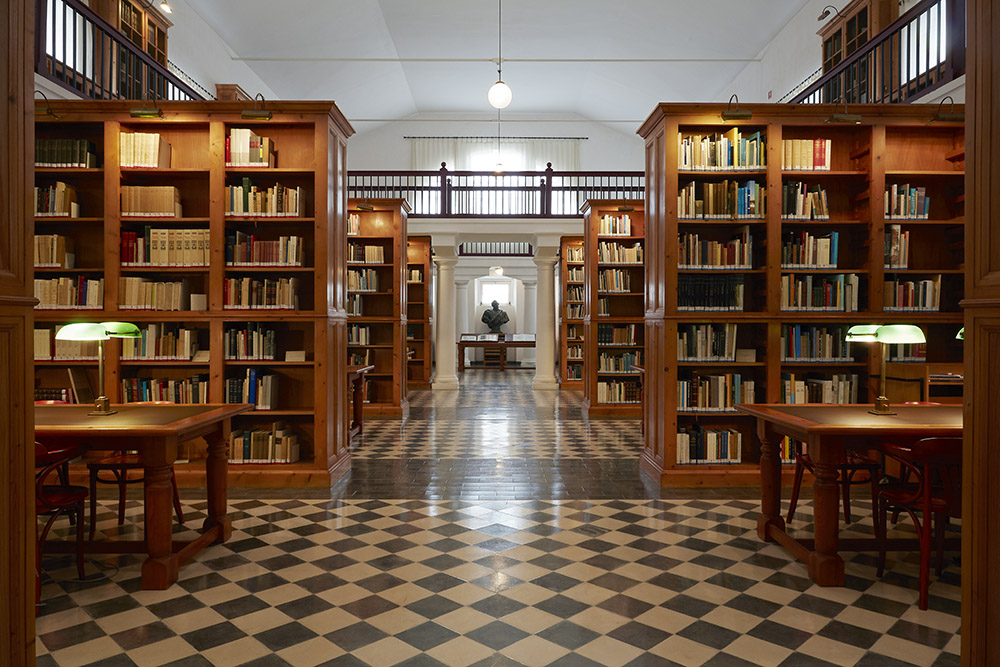 The Archeological Museum of Odrinhas
The Archeological Museum of Odrinhas 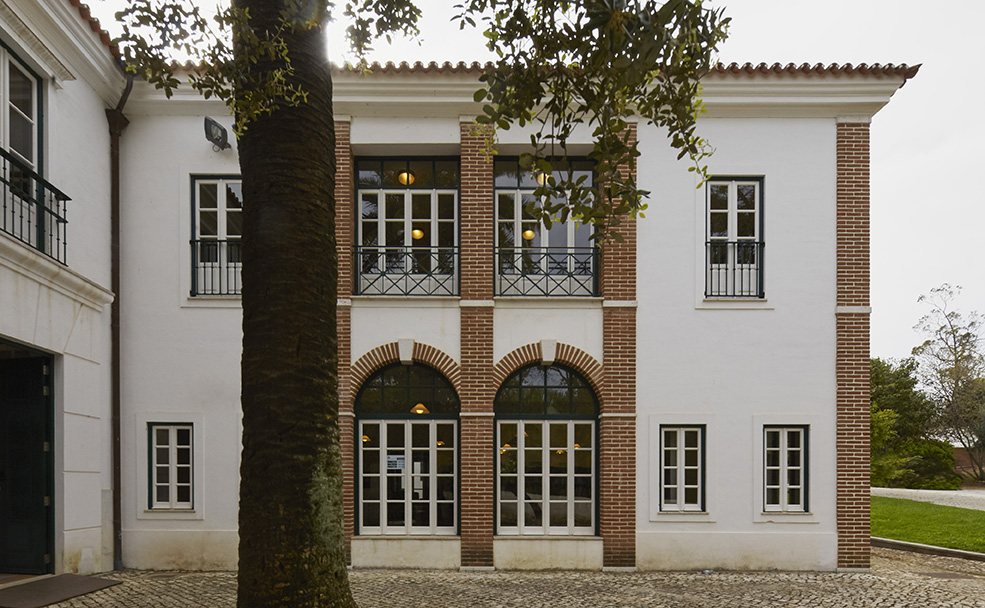 Portel Biblioteca Braga y Casa Nunes
Portel Biblioteca Braga y Casa Nunes
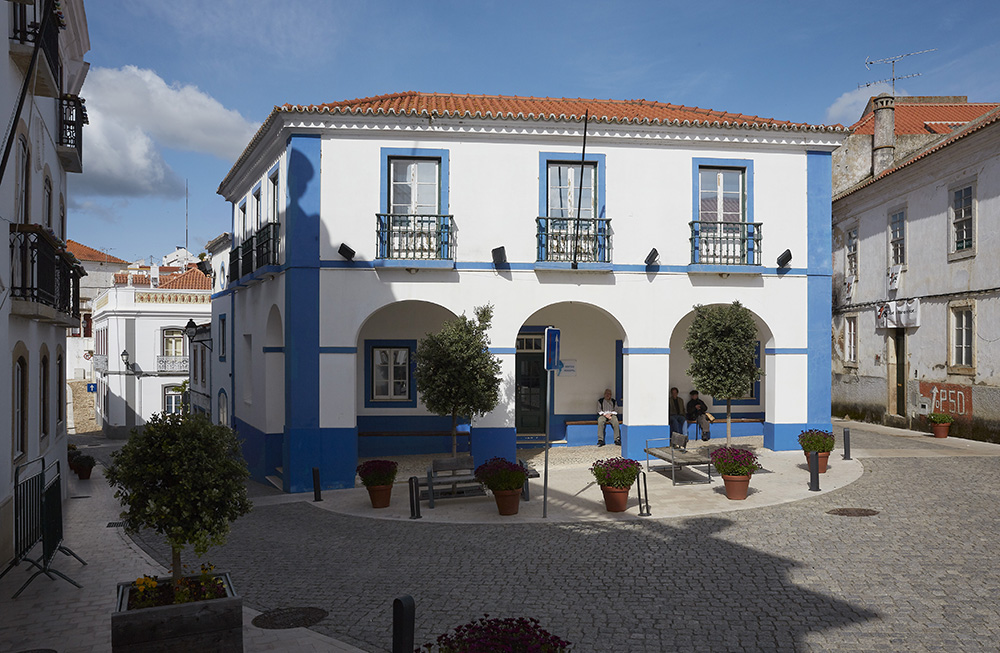 Camara Odemira Arcos
Camara Odemira Arcos
